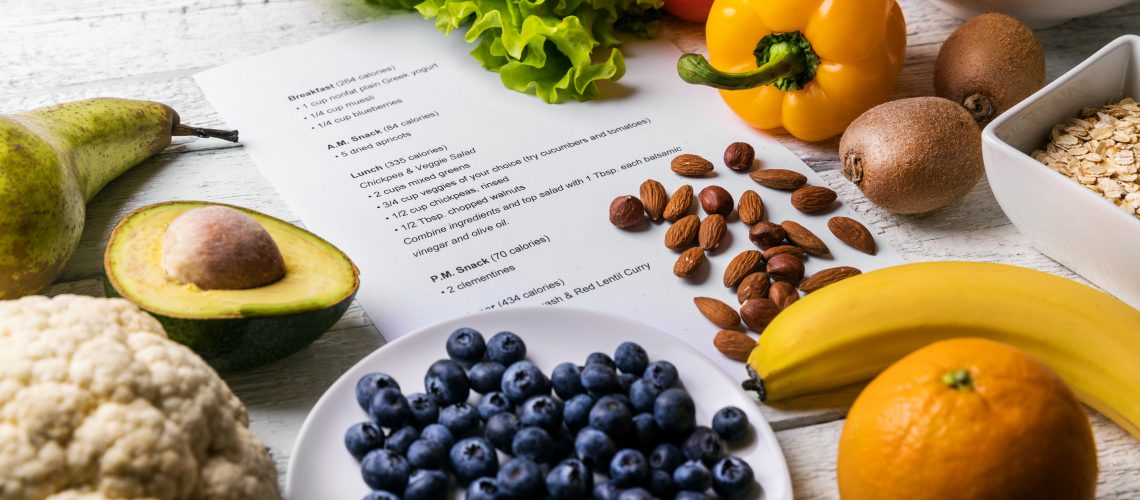Understanding basic nutrition
Almost everyone has a general idea of what they shouldn’t be eating. However, many people struggle with understanding what they SHOULD be eating. There is a lot of contradicting information about nutrition and it seems like no one knows the truth.
With all the “fake” health foods out there like diet soda, protein bars, and fattening salads – it is hard to trust anything. Generally, it is best to focus on eating whole, natural foods and avoid eating processed foods.
The basic principles of clean eating:
- Eat a balanced diet
- Avoid processed or refined foods
- Limit alcohol
- Avoid soda and fruit juice
Make balanced meals
The key to a balanced diet is making sure each meal includes balanced macronutrients. Each meal should consist of a protein, carbohydrate, and fruit or vegetable. An additional fat source can be added for lean meals.
Creating a balanced meal is simple: mostly lean protein and vegetables with moderate amounts of fat, fruit, and starchy carbs.
Focus on whole foods
Eat mostly whole foods – you should be focusing on meats, vegetables, whole, grains, and fruits. Limiting processed foods will make healthy food choices a lot easier.
Minimize temptations
Avoid buying junk food at the grocery store. Identify the worse foods and try to eliminate them from your diet.
Listen to your body
Listen to your body and eat when you are hungry. When it comes to meal frequency and timing, there is contradicting evidence surrounding what is best.
Choose quality
The amount of food you eat is just as important as the kind of food you are eating. Even if it fits your macros, you should do your best to focus on the quality of the foods you eat.
Try Tracking
Even when you are looking at the nutrition labels and cooking all of your own food, you may be eating more than you think.
Tracking and measuring your food increase awareness and will help you understand portions so that you can eventually estimate your intake intuitively.
Prepare your meals
Preparing your meals ahead of time is not necessary but may help save time and plan for success. I recommend at least preparing some type of protein so you can have a good base to build a meal around.
- Option #1 – pick a day of the week (like Sunday) to prepare food for the week. You can portion them out into separate containers or weigh and measure as you go.
- Option #2 – If you have time to cook dinner, you can plan on preparing your lunch for the following day.
If you are going to eat out, make sure to plan your meals accordingly.
Eat mindfully
Mindful eating is a good tool for portion control and to avoid overeating. Simple ways to practice mindful eating includes eliminating distractions, using smaller plates, and slowing down your eating.
Drink water
Not only is water important for your overall health, but it also aids in digestion and helps keep you fuller longer. I recommend consuming at least 60 ounces of water per day. You should carry a water bottle with you at all times.
It is common to mistake thirst for hunger – so you may think that you are hungry when you are really just thirsty. Your body is approximately 60% water.
Be patient
When it comes to nutrition, you have to be patient. Nutrition science is confusing and there is a lot of contradicting information out there. If you come across something that is contradicting to this information, please do your best to trust this guide and continue with what is recommended here. It may take some time before you are subconsciously eating healthy.




